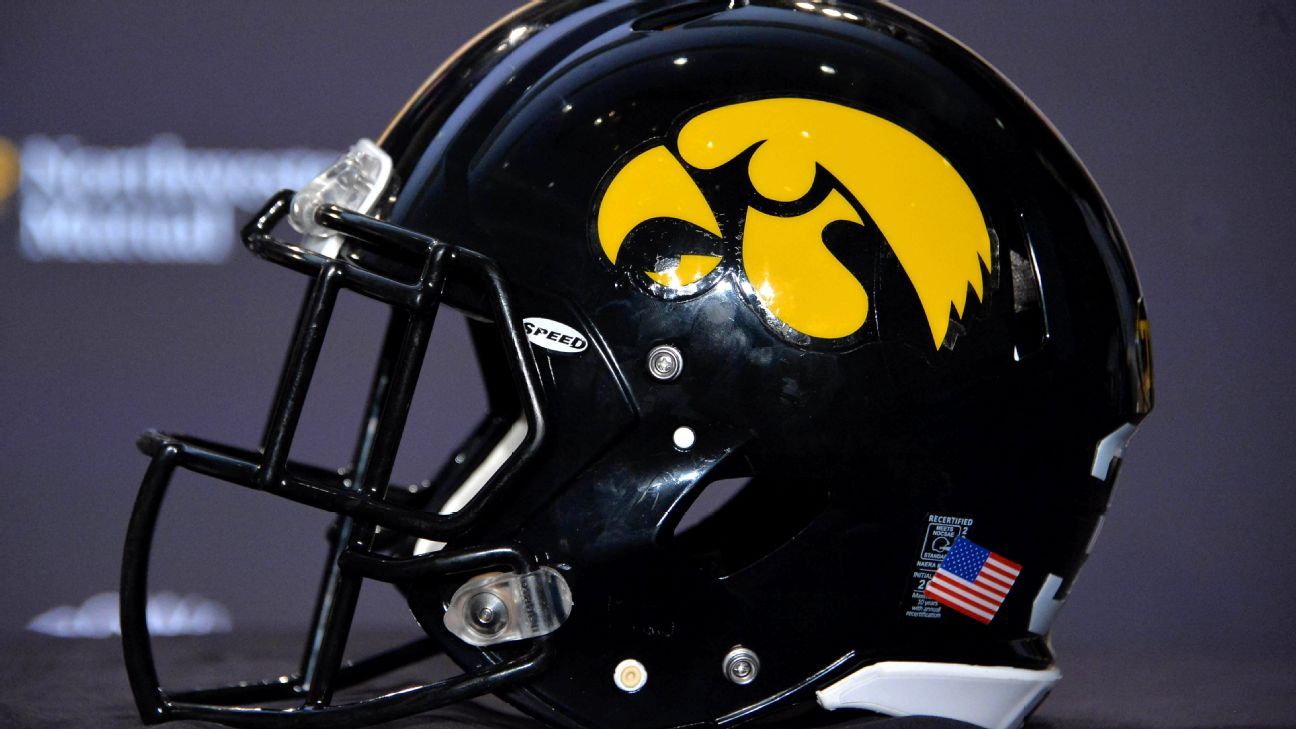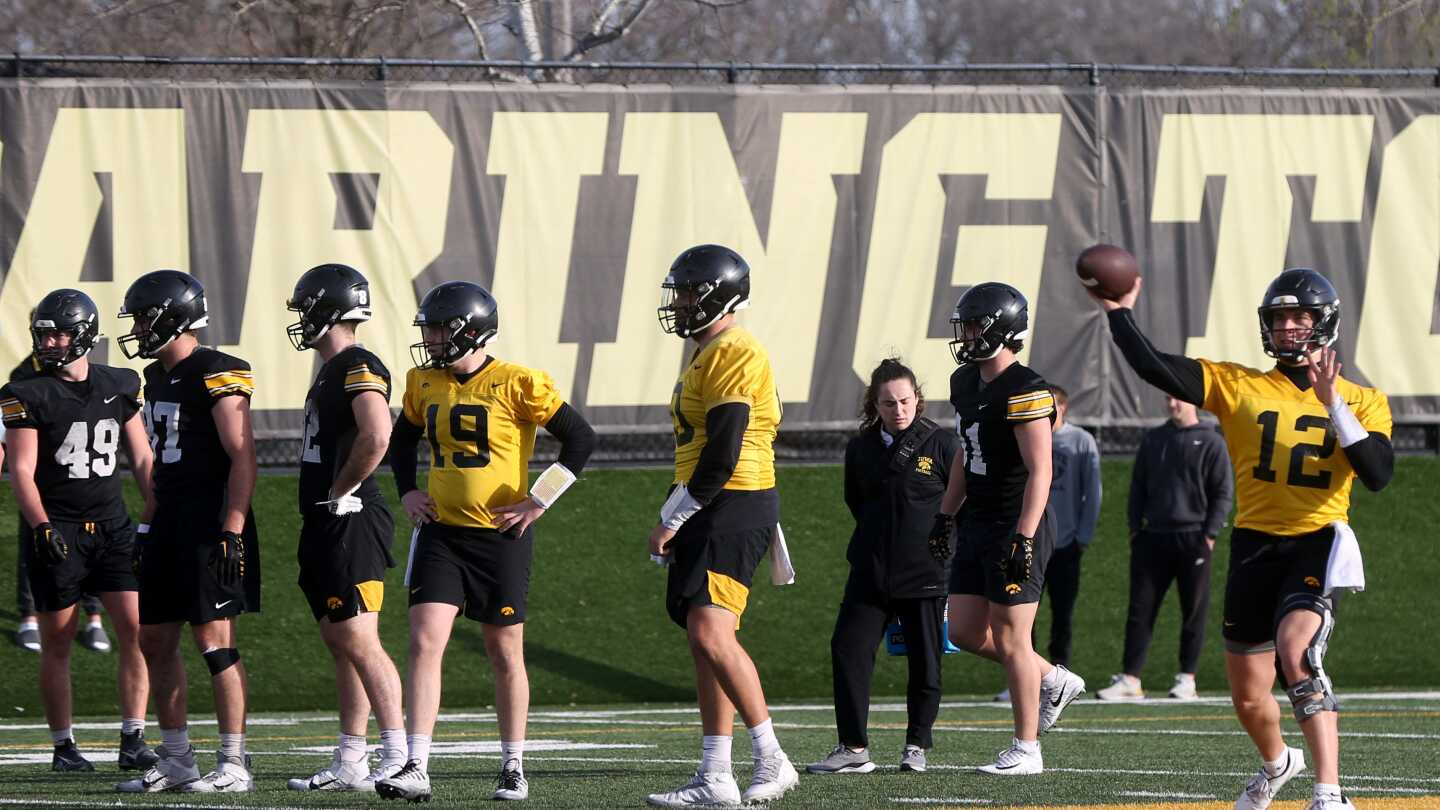If the investigations into online sports wagering at Iowa result in any NCAA violations, recent history point toward the possibility of some stiff penalties.

www.thegazette.com
Many details still unknown in Iowa gambling probe, but NCAA has not taken similar violations lightly
Almost a week after the University of Iowa confirmed an investigation into online sports wagering that includes 26 current athletes, many unknowns linger.
.
.
.
Even though the Iowa Division of Criminal Investigation is involved in the probe, no criminal charges have been filed. If conference rules violations did occur, the NCAA historically has not taken sports wagering infractions lightly.
When Virginia Tech football player Alan Tisdale self-reported that he’d made legal bets on the NBA Finals, he received a nine-game suspension. That would have sidelined Tisdale for three-fourths of his senior season. After an appeal, the penalty dropped from nine games to six. But he still missed half of the season.
The NCAA’s athlete reinstatement guidelines offer direction on where to start the “withholding analysis” in athletes’ punishments. The document breaks sports wagering violations into three categories:
The most severe category is when an athlete’s betting activity is “designed to influence the outcome of an intercollegiate contest.” These cases carry recommended sentences of permanent loss of eligibility. The Iowa Racing and Gaming Commission has indicated there is no evidence of this type of activity in this investigation.
The middle tier includes “any sports wagering activity through the internet, a bookmaker or a parlay card.” The NCAA guidelines recommend beginning the analysis with a “sit-a-season/charge-a-season” penalty — that means an athlete found in violation would miss a full season and lose that year of eligibility.
The guidelines also call for staff to “review cases on an individual basis to determine whether an alternative withholding condition is appropriate” for the second-tier violations.
“All other violations” fall into the third tier, where the recommended suspension depends on how much an athlete bets.
If the athlete spends less than $25, there is no suspension recommended. But more than $500 would line up with a “sit-a-season/charge-a-season” condition. In between are ranges for missing 10 percent, 30 percent and 50 percent of the season.
These penalties are solely where the Indianapolis-based college sports governing body recommends to “begin its withholding analysis” — so actual decisions may vary.
NCAA investigations are not always a speedy process, as Iowa’s most recent major NCAA infraction in 2019 showed.
Just sayin': Apparently the severity of the NCAA penalty (if any) could depend on just how much the student athletes bet.







